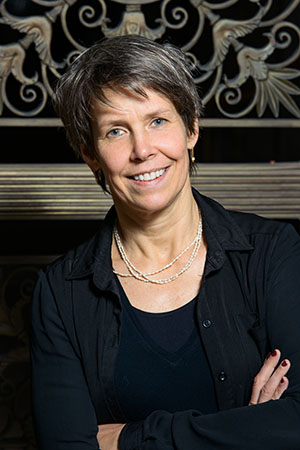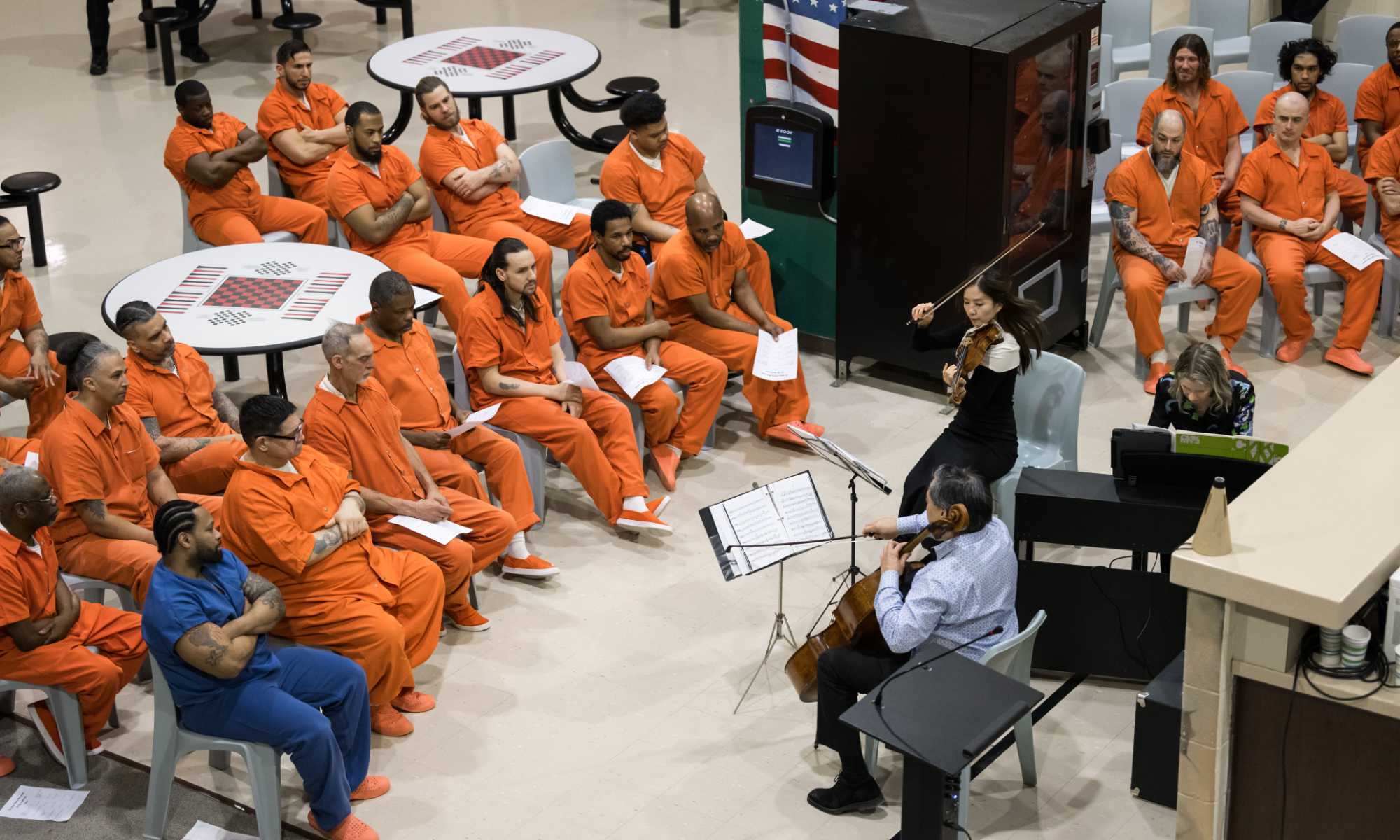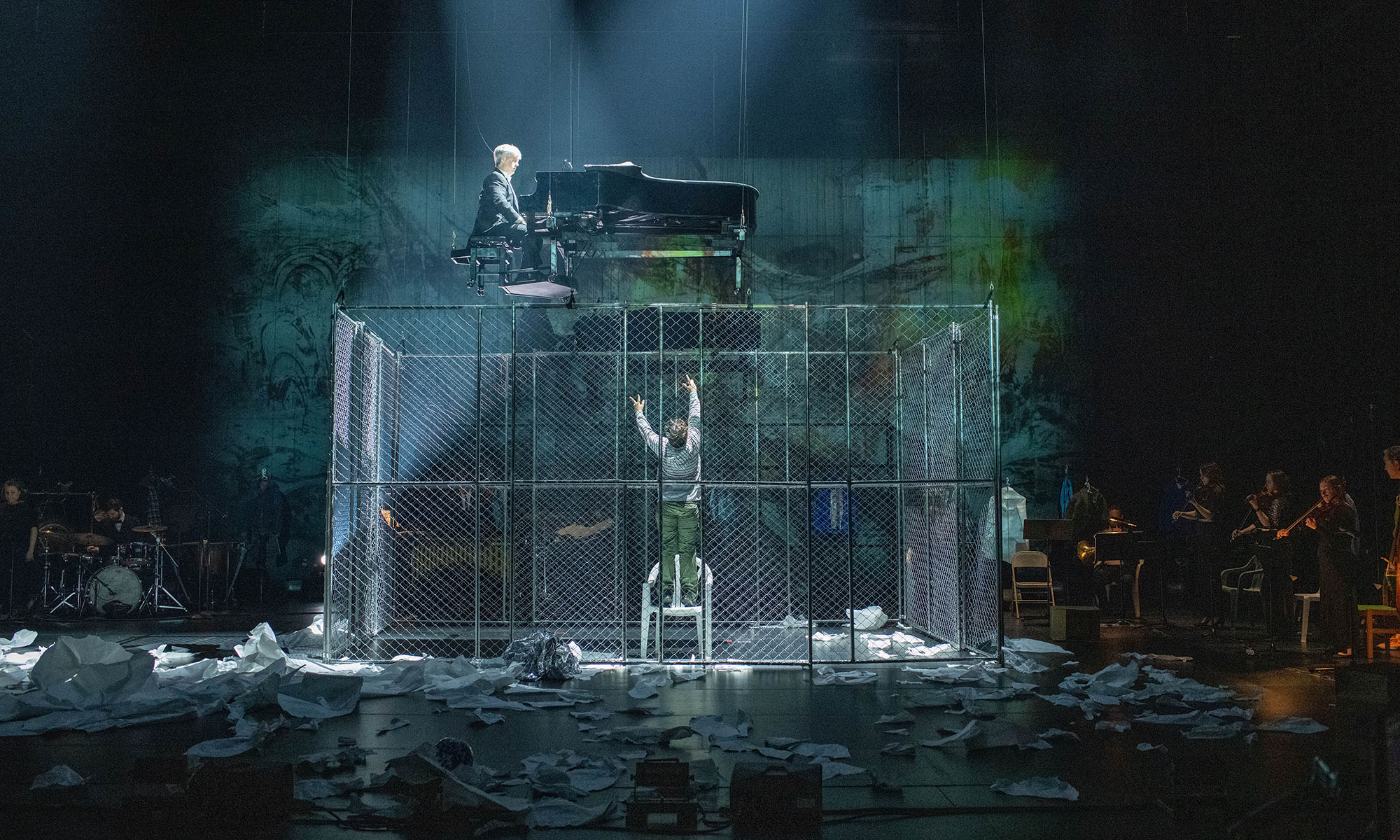Careers for Women, a new novel by Joanna Scott, the Roswell Smith Burrows Professor of English, had its beginnings in her attic. There, she kept a paper bag full of newspaper clippings that she’d collected in the wake of September 11, 2001.
Years went by, and cleaning the attic, she rediscovered the bag. As she sifted through the clippings, a reference to Lee Jaffe caught her attention. Jaffe was a determined reporter at a time when few women found a place in journalism. The spokeswoman and head of public relations for New York’s Port Authority in the mid-20th century, she is said to have written a memo suggesting that if the World Trade Center were going to be a success, its builders should make it the tallest building in the world.
“That memo started the momentum for what became the Twin Towers,” says Scott.
And that sifting of papers started the momentum for Careers for Women (Little, Brown and Company, 2017), Scott’s 10th novel. The New York Times Book Review calls it a “serpentine, craftily arranged” book that is “entirely satisfying.”
Jaffe’s career and the experiences of women in the midcentury workplace captured Scott’s imagination as fodder for a novel. She took her title from a 1930s anthology about job options for women that she found in Rush Rhees Library as she began her research. But she was able to unearth relatively little about Jaffe.
For the seasoned storyteller, that scarcity of information was no impediment. In her previous novel, De Potter’s Grand Tour (Farrar, Straus, and Giroux, 2014), Scott used the names of real people—her ancestors, as it happens—and family artifacts as the launching point for an imaginative retelling of their lives.
“It’s not that I feel inclined to take liberties with historical fact, but my first attention is to the book I’m writing,” she says. “I’m trying to create a unified whole, where every piece has integrity and purpose within the book. And I think about that equally for fictional and historical characters.”

Over the years, Scott has earned high praise for her narrative techniques. Her novel The Manikin was a finalist for the Pulitzer Prize, while Various Antidotes and Arrogance were both finalists for the PEN/Faulkner Award. The recipient of MacArthur and Guggenheim Fellowships, Scott teaches creative writing, modern fiction, and contemporary literature.
What little she could track down about Jaffe led her to larger questions about the history of the Port Authority and its importance to the New York state and the national economies. The novel, which begins in 1958 and covers decades, draws together many themes and subjects, among them the world of public relations, women’s careers and friendships, life in midcentury America, and environmental damage wrought by corporations.
Scott unspools her complex story as a mystery. In bits and pieces, narrator Maggie Gleason—who begins her professional life in a clerical job under Jaffe—relates the story of Pauline Moreau. Like Gleason, Moreau moved to New York City, but in very different circumstances. And her eventual disappearance and abandonment of her vulnerable daughter, Sonia, fuel the story.
“I boned up on my Agatha Christie a bit,” Scott says.
Constant movement characterizes the novel—through time, perspectives, and location—as the plot twists mount.
Narrative shifts are a “form that comes so naturally to me as a writer,” Scott says. “I love to hold multiple parts [of a story] in suspension, and then see if I can pull them all together.”



